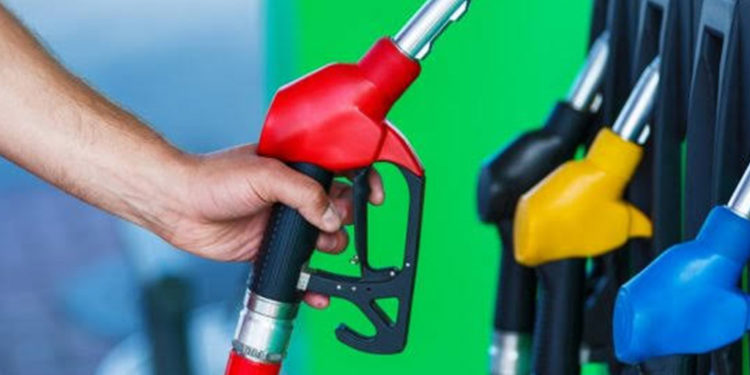The Energy and Petroleum Regulatory Authority (EPRA) has hinted at a nearly Sh8 per liter increase in fuel prices, a move that threatens to push millions of already struggling Kenyans to the brink. While EPRA justifies the hike as necessary to keep oil dealers and transporters in business, the decision ignores the elephant in the room:
Kenyans are drowning under the weight of a high cost of living, and this increase will only make matters worse.
Kenyans are no strangers to pain at the pump. Fuel prices directly impact the cost of nearly every essential commodity, from food to electricity to public transportation. A Sh8 increase per liter will send shockwaves through the economy, further squeezing households that are already grappling with stagnant incomes, high inflation, and a relentless tax burden. EPRA’s move, though perhaps well-intentioned, fails to address the broader issue: Kenyans cannot afford to keep footing the bill for inefficiencies in the energy sector.
It is worth noting that Kenyans already pay nine different taxes and levies on fuel, including the controversial road maintenance levy, which was increased last year from Sh18 to Sh25 per liter. This levy was ostensibly introduced to fund road infrastructure, yet the government is now rolling out toll roads, effectively double-taxing citizens for the same purpose. Where is the accountability? Where is the relief for ordinary Kenyans who are being asked to pay more while seeing little improvement in public services?
EPRA’s proposal to increase margins for oil marketers may keep fuel flowing to every corner of the country, but at what cost? The authority must consider cutting fuel taxes to cushion consumers. Reducing these taxes would not only provide much-needed relief to households but also ensure that oil dealers and transporters remain profitable. This is a win-win solution that EPRA and the government seem unwilling to explore. Instead, they appear content to pass the burden onto citizens who are already stretched too thin.
The government’s approach to managing the economy has been nothing short of tone-deaf. While ordinary citizens bear the brunt of rising costs, the misuse of public funds continues unabated. Take, for instance, the Sh889.6 billion raised through infrastructure bonds in the past two years. These bonds, which are tax-exempt and therefore costly to taxpayers, were meant to fund specific infrastructure projects. Yet, there are growing concerns that the proceeds are being diverted to recurrent expenditures, leaving critical projects underfunded. This lack of transparency and accountability only adds insult to injury for Kenyans who are being asked to pay more for less.
EPRA and the government must rethink their approach. Instead of burdening citizens with yet another price hike, they should explore alternative measures to stabilize the energy sector. Cutting fuel taxes, cracking down on corruption, and ensuring efficient use of public funds are just a few steps that could alleviate the pressure on Kenyans. The current trajectory is unsustainable and risks igniting widespread discontent.
Kenyans are resilient, but there is only so much they can bear. EPRA’s proposed fuel price hike is not just an economic issue; it is a moral one. The government must prioritize the well-being of its citizens over the profits of oil marketers. Anything less would be a betrayal of the public trust.















